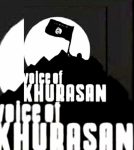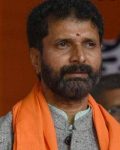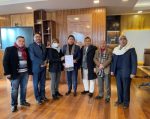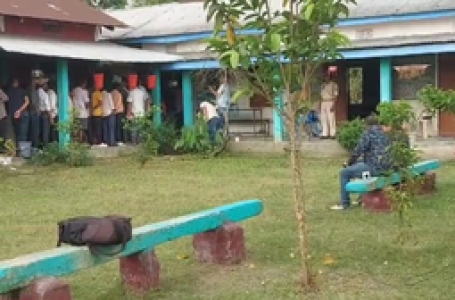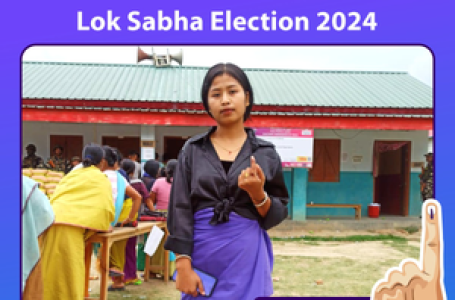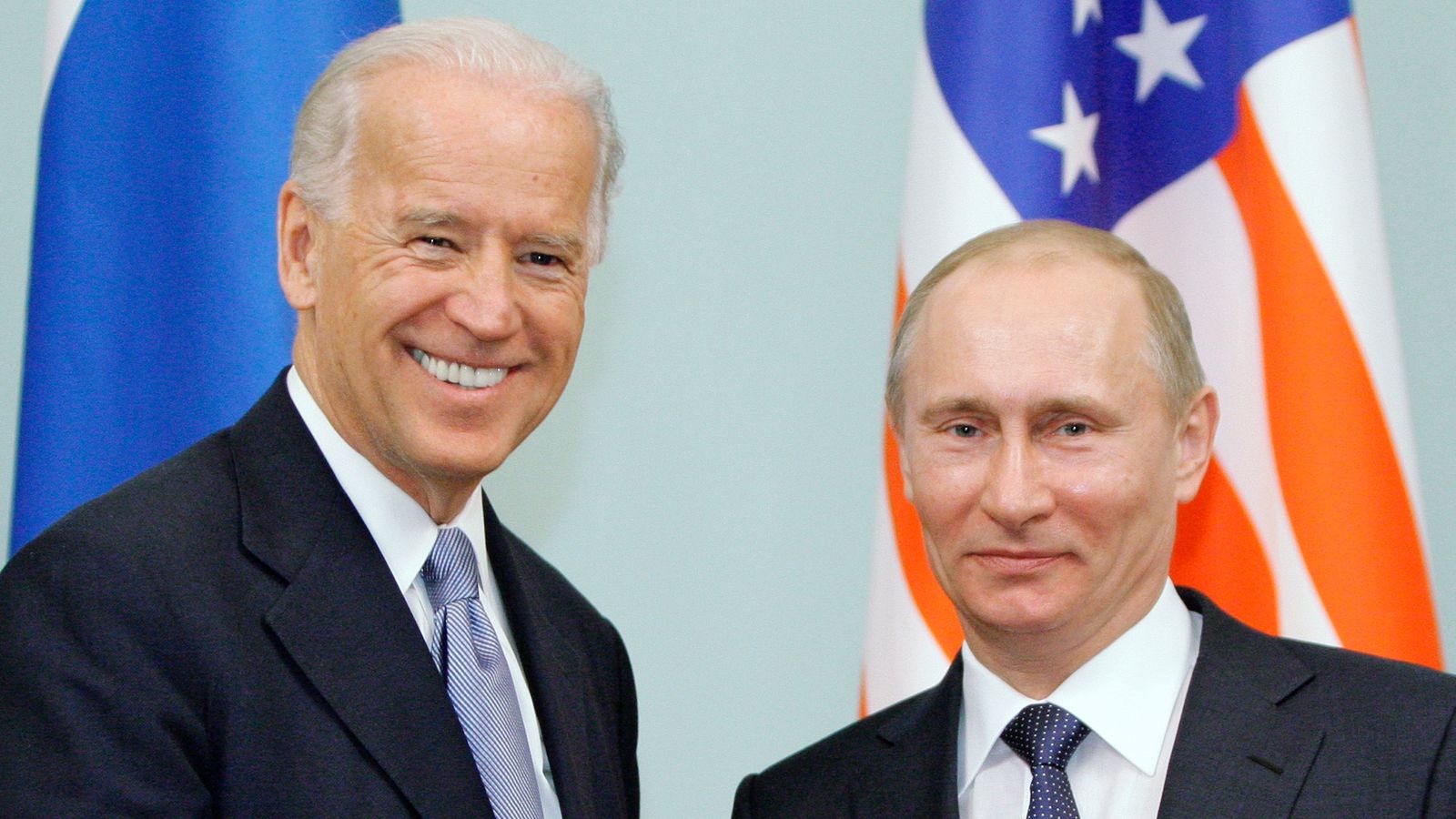
New Delhi Earlier this week, Joe Biden, the President of the United States, met his Russian counterpart Vladimir Putin in Geneva – an established icon for staging elite diplomatic encounters. The world waited expectantly, for the outcome of the June 16 meeting.
Keen eyes studied the body language of the two leaders – the firmness of handshake and content of the Joint Statement issued thereafter.
While both sides had played down expectations around this potentially historic summit, especially after bitter feuding between the two countries ranging from geopolitical contests in Ukraine, Syria and elsewhere to accusation by Washington about Russian interference, driven by an army of hackers in the internal affairs of the US, there was, nevertheless, a palpable desire to see forward movement in the bilateral relationship, whose stresses have stalled progress on many international issues.
The Summit did not disappoint. In their individual press conferences after the meetings, both leaders described their interaction as “constructive”. Issues ranging from nuclear arms control, strategic stability, climate change, cybersecurity, Syria, Iran, Afghanistan, Ukraine figured in the discussions.
Both appeared satisfied with the opportunity to directly communicate their concerns, positions and redlines. On the many issues of divergence, they agreed to set up mechanisms to understand each other’s perspectives. These will show their merit over time.For now, both leaders seemed to leave the venue as victors, a blaring indicator of a good Summit.
The singular formal outcome from the Summit was a short Joint Statement on Strategic Stability. Acknowledging their special responsibility as possessors of the largest nuclear arsenals and the need to address growing risks of nuclear conflict, the Statement announced the establishment of “an integrated bilateral Strategic Stability Dialogue” that would be “deliberate and robust” to “lay the groundwork for future arms control and risk reduction measures”.
The Statement recalls their ability to achieve “predictability in the strategic sphere” even in past periods of high tensions. Perhaps, this reminiscence is meant to provide a positive push for difficult negotiations since both sides have fundamental differences over what is threatening strategic stability. But, if the Dialogue can evolve into a regular process where both can raise and redress their concerns, it would be a meaningful step towards risk reduction. It may even yield productive results before New START expires in 2026.
In another bonus for nuclear risk reduction, the Statement reaffirms the principle that a nuclear war cannot be won and must never be fought. This admittance of the military futility of use of nuclear weapons was first expressed by President Regan and Gorbachev in 1987. It had changed the nuclear dynamics.
Its reaffirmation in contemporary times was considered imperative to reduce the rising salience of nuclear weapons and bring restraint into nuclear modernisation plans caught in an offence-defence spiral.
Possible Spin-offs for India
While the Summit was bilateral, its success or failure was expected to reverberate across global issues and regions. For India, the meeting is important for many reasons. Firstly, given the importance of both nations for India’s economic growth, military build-up, and political support on international issues, a tension in their relationship complicates things for New Delhi. India’s tightrope walking was evident, for instance, in having to defend arms purchases from Russia against American objections, while explaining its participation in the US-led Indo-Pacific and the Quad to Russia. So, an easier relationship between the two would give India a breather of sorts.
Secondly, US-Russian hostility facilitated the development of a close relationship between Russia and China. This caused discomfiture to India given its security concerns with an expansionist and aggressive China. If the Biden administration is able to wean Russia away from China by deepening its latent fears on how Russia could be “squeezed by China” – economically and demographically; and/or by sharpening President Putin’s desire to retain his relevance in face of growing Chinese strength, it would be a positive development from India’s perspective.
A third benefit is likely from the Strategic Stability Dialogue. High trust deficits between nations holding large arsenals in trigger-ready postures raise risks of misperception and inadvertent escalation. These have been heightened by US nuclear posture review (NPR-2018) advocating use of low-yield weapons for fighting limited nuclear wars, and Russia’s strategy of escalate to de-escalate. Acceptance of such strategies encourages nuclear brinkmanship that can cause crisis instability, including when other nuclear dyads mimic similar behaviour. A dialogue on strategic stability would expectedly reduce the casualness towards nuclear use which encourages Pakistan’s projection of low nuclear threshold.
Fourthly, disintegration of existing treaties and prolonged lack of engagement amongst major nuclear powers has generated scepticism about utility of arms control. That sentiment would be dispelled with return to engagement. It is also likely that arms control would be expanded in future to include China. This would be beneficial to India given its concerns about China’s unchecked nuclear capability expansion and the risk of arms race instability it poses to the region.
After the Summit
Will the promise held out by the Summit be realised? Sceptics naturally abound. However, as President Biden opined, “There’s a value to being realistic and put on an optimistic front”. He took a risk by calling for a meeting with President Putin. But he framed it as a matter of US self-interest since Russia cannot be ignored. He hopes that the engagement would make Russia realise that it was in its self-interest too to favour cooperation over disruption, thus making them both equal stakeholders in betterment of relations.
At his age and stage, President Biden would want to leave a legacy of international peace and security. President Putin too can be expected to seize an opening that can help him arrest an economically ruinous arms build-up in a severely stressed domestic economy. The time may be ripe for the two leaders to steer away from a course of confrontation towards bridging differences. Well-wishers of both, like India, should encourage them along.








